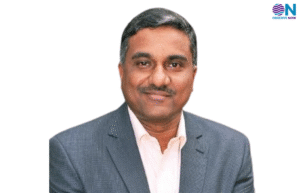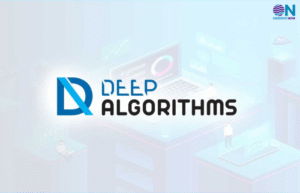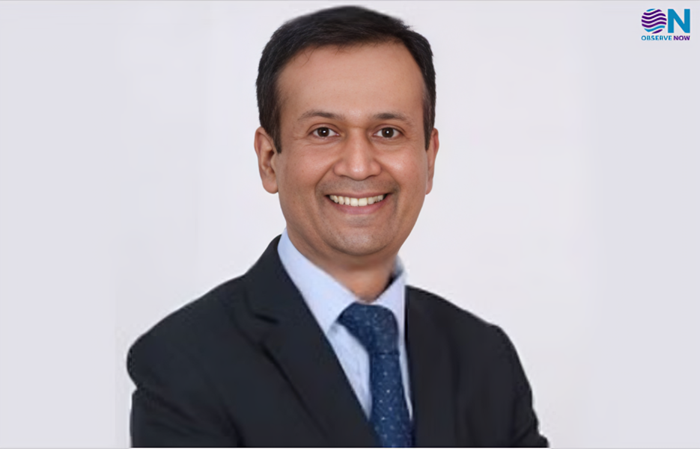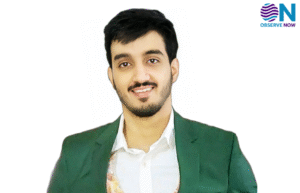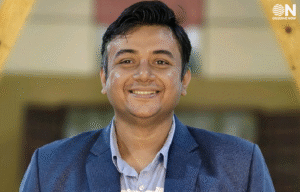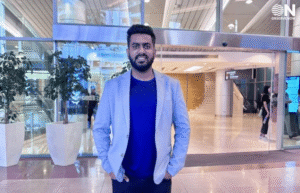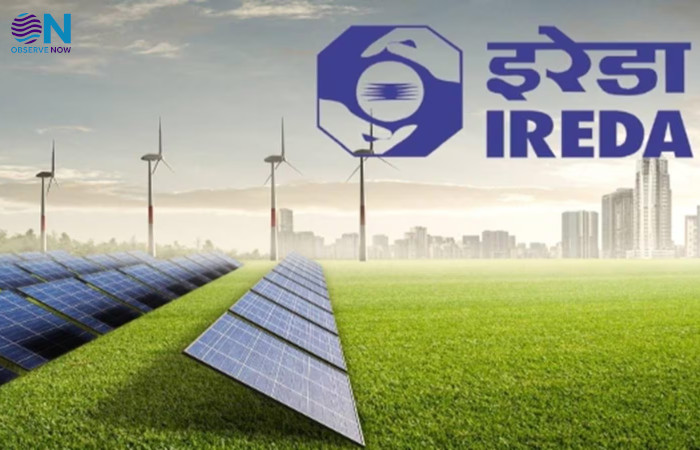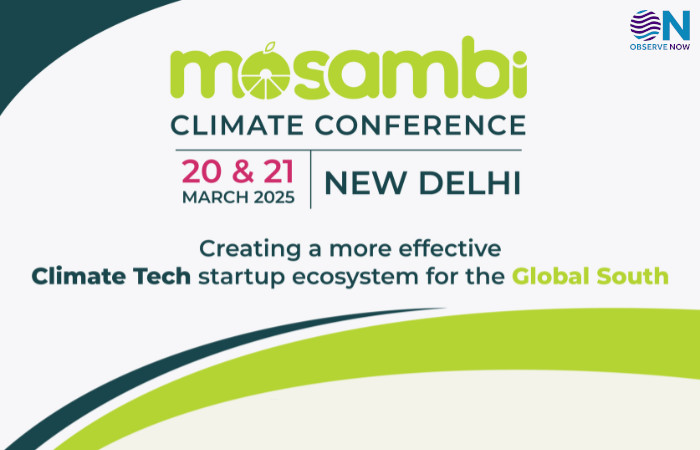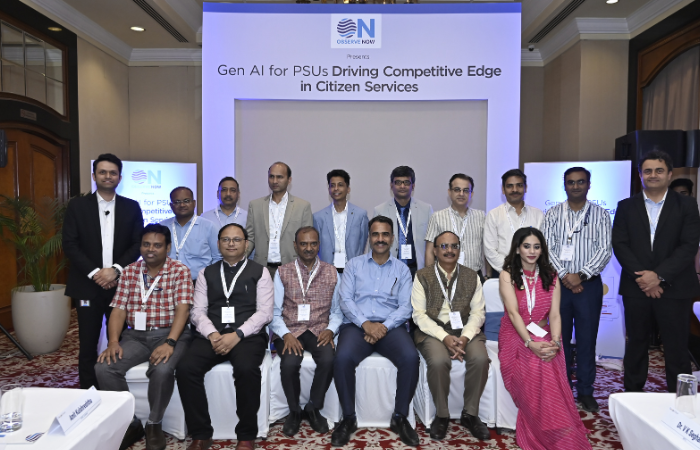Deloitte Expands Global AI Simulation CoE to Drive Innovation and Strategic Decision-Making
Deloitte has announced the expansion of its Global Artificial Intelligence (AI) Simulation Centre of Excellence (CoE), reinforcing its commitment to AI-driven innovation. This initiative is part of the firm’s broader $3 billion investment in Generative AI (GenAI) through FY30. The CoE, first launched in Bengaluru, India, is designed to accelerate decision-making, mitigate risks, and maximize return on investment (ROI) for clients worldwide. By leveraging real-time insights, the centre develops advanced simulations, scenario modeling, digital twins, and multi-agent systems to enhance business strategies.
As part of its growth, the Simulation CoE has been integrated into Deloitte’s existing Experience Centres, providing clients with immersive, hands-on experiences. This integration allows businesses to explore various strategic scenarios in a controlled, data-driven environment. The CoE also complements Deloitte’s Global GenAI Market Incubator by introducing advanced simulation capabilities that refine strategic planning and operational efficiencies.
India’s strategic importance in AI innovation was highlighted by Rohit Berry, President, Strategy, Risk & Transactions, Deloitte South Asia. He emphasized that India’s skilled workforce, cost efficiency, and advanced engineering capabilities position it as a global AI hub. He further noted that the government’s focus on “Making AI in India and Making AI Work for India” aligns with the CoE’s role in fostering digital economic growth, investment, and job creation.
Nicolai Andersen, Deloitte Global Strategy, Risk & Transactions leader, underscored the transformative impact of the CoE on business strategy. He stated that by integrating GenAI with data analytics, the CoE will enable organizations to make informed decisions based on actionable insights rather than traditional predictive models. This advancement will support enterprises in optimizing their operations and accelerating their digital transformation journeys.
The Simulation CoE focuses on four key areas of AI-driven simulations. Physical simulations optimize AI-driven automation, robotics training, and infrastructure enhancements, with applications in warehouse automation, logistics, and supply chains. Process simulations use AI modeling to streamline enterprise operations, automate decision-making, and improve business resilience, as demonstrated by Deloitte’s proprietary Converge™ solution, which enhances demand forecasting. People simulations analyze workforce trends, human–machine interactions, and talent planning to boost productivity and prepare businesses for a GenAI-enabled future. Strategic options simulations assess the ROI of various business strategies, including AI-driven molecular optimization in drug discovery through Deloitte’s Quartz Atlas AITM solution.
The establishment of the CoE is a crucial component of Deloitte’s broader global innovation strategy. By leveraging its multidisciplinary talent pool and strategic partnerships, Deloitte is developing enterprise simulations tailored to industry-specific challenges. Recent collaborations in the power and utilities sector have resulted in AI-powered solutions for real-time monitoring, preventive maintenance, and hazard detection.
Through this expansion, Deloitte aims to equip businesses with cutting-edge AI-driven insights, empowering them to navigate complex challenges with precision and confidence. The CoE is set to play a pivotal role in shaping the future of AI applications across industries, reinforcing Deloitte’s leadership in AI-powered transformation.







